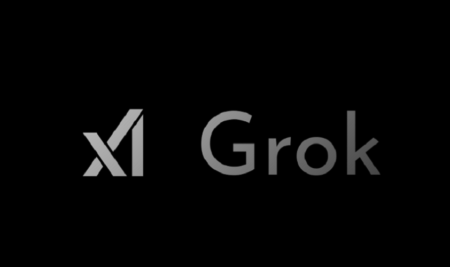Facebook has made several new technologies open source, which it hopes the web browsers will adopt. With the technologies, the company wants to improve the performance of web-based applications.
Vlad Djeric of Facebook’s browser engineering team said during a presentation that the poor performance of web-based apps is often noticeable for end users, writes Silicon Angle. For example, some users notice that the Facebook website loads slower than the mobile applications, even though the web app has much less code.
Causes
According to Djeric, there are several reasons for this. Most importantly, web browsers don’t support large JavaScript code bases and browsers don’t have access to important system-level APIs needed to build better performing apps.
“Compared to machine code, JavaScript often suffers from parsing, compilation, and runtime just-in-time (JIT) optimization overheads,” says Djeric. “In addition, loading JavaScript today means waiting for network journeys on the critical path or browser HTTP caches that don’t reliably scale with dozens of simultaneous resource requests at the start of a page’s loading.
In particular, Web APIs have the problem that they are often much less powerful than the native APIs used in mobile apps.
Open source
To solve the problems, Facebook has developed several open source technologies. The company now encourages browser creators to adopt them in their code bases. These include the isInputPending() API, which allows web browsers to handle JavaScript tasks more efficiently. Another technology is called “retired instruction counts”, and should improve browser performance testing.
The team also developed a new “JavaScript Self-Profiling API”, which is implemented in the open source Chromium browser. That’s what Google Chrome is based on. The API helps identify bottlenecks in Internet traffic.
Finally, the company has partnered with the Mozilla Foundation – which helps develop the Firefox browser – to develop an experimental “BinAST binary encoding format for JavaScript”. This helps to parse JavaScript code more efficiently.
This news article was automatically translated from Dutch to give Techzine.eu a head start. All news articles after September 1, 2019 are written in native English and NOT translated. All our background stories are written in native English as well. For more information read our launch article.


















